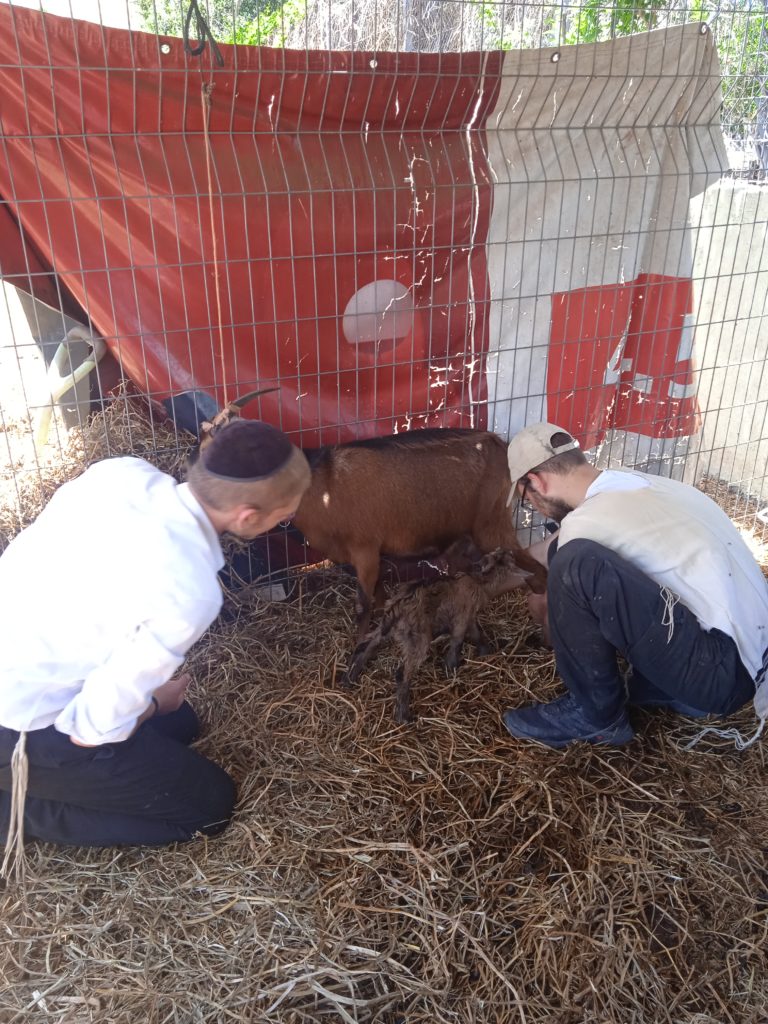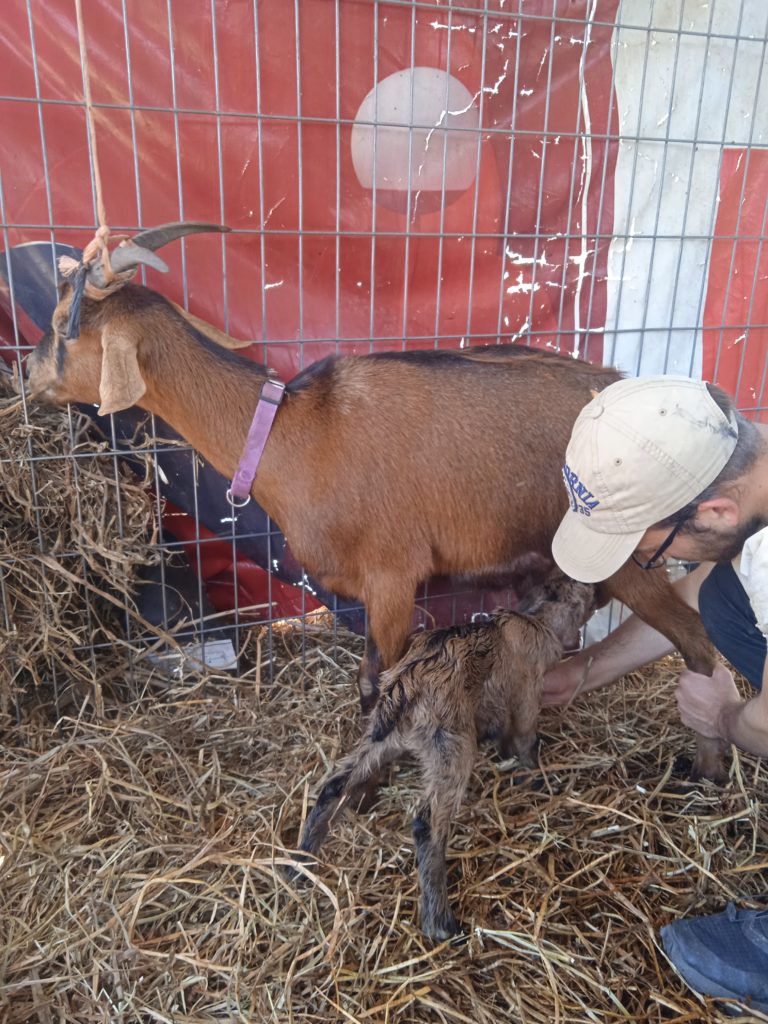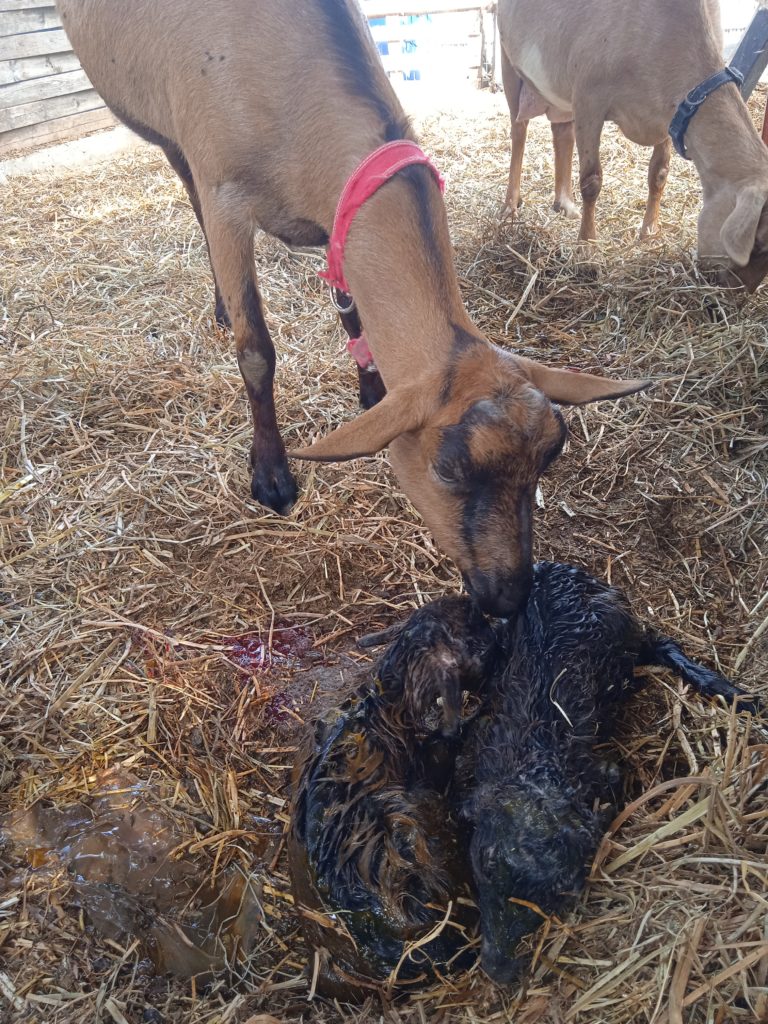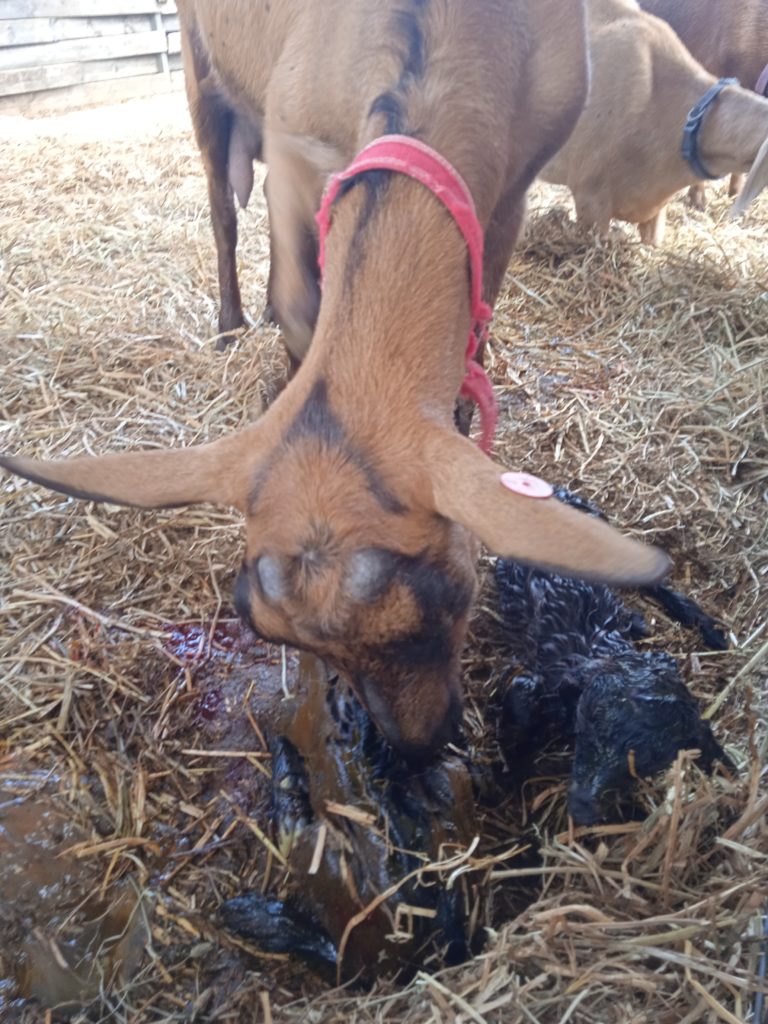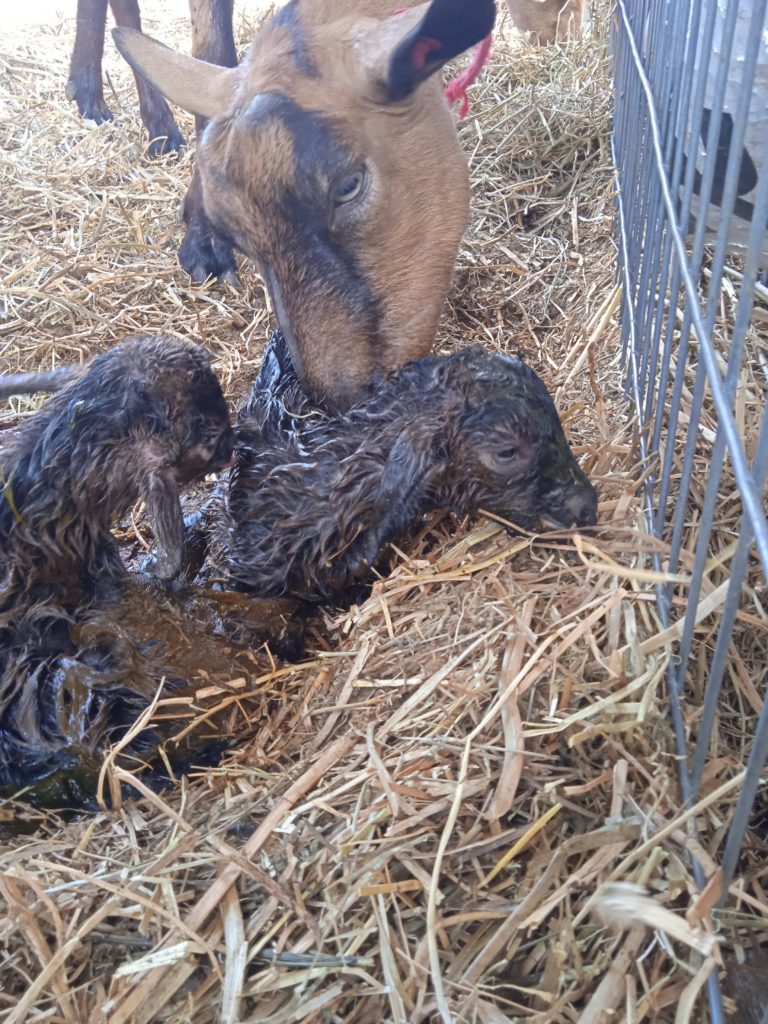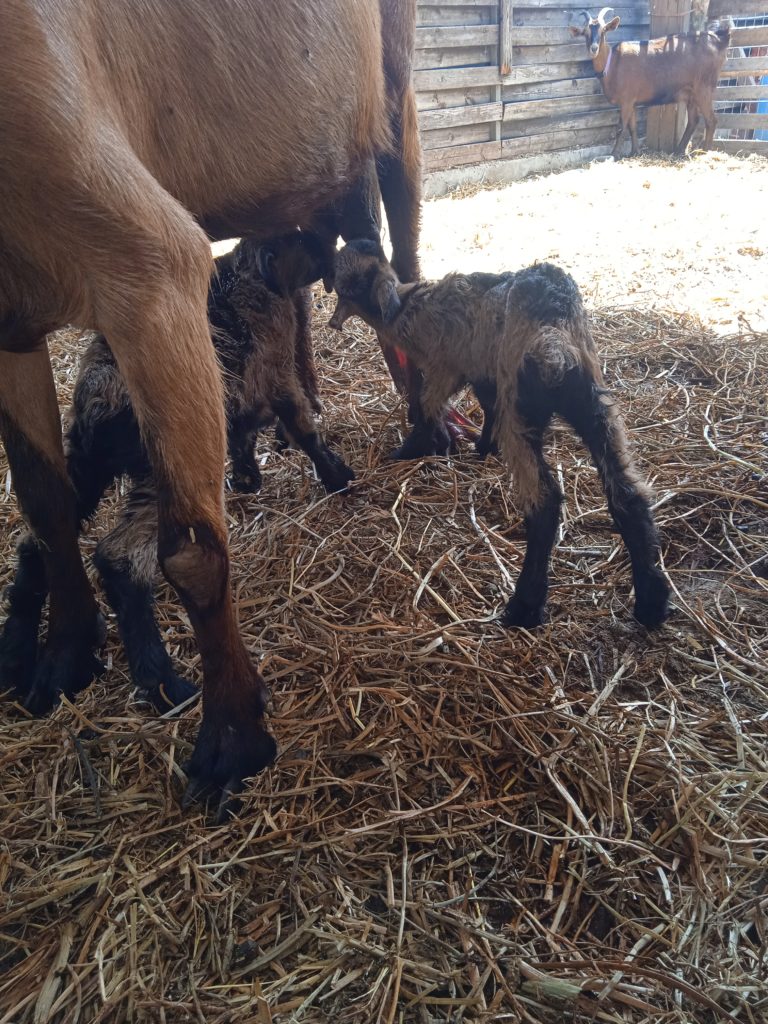Not long ago, a blog reader sent me a copy of an article that appeared in a Hebrew language magazine about foster care. It was so incredibly validating – I have said some of the exact same statements that were quoted, word for word, and I’ve experienced every single situation that was described.
Every single one. Money withheld and owed for a long time – I thought that when they owed me 6000 shekels for the expenses I laid out until I was reimbursed it was a lot. Then the office that the parents used to live in decided to decrease the stipend for the children, and then not to pay it at all, for months. When our social worker approached them about it, they said they want the new location to pay it, even though the file wouldn’t transfer until June 2024 (they began decreasing the funds in December 2023). That finally was indirectly settled when the GAL refused to let them transfer the file to the new area because she doesn’t want to work with new people.
Issues with not being the legal parent – ds7 didn’t have health insurance coverage at all for over a year and a half. Now he has coverage with the clinic associated with his bio parents. I’ve been trying for months to have him transferred to the local clinic that is a three minute walk from my home, where the pediatrician is excellent and is an endocrinologist, the specialty he most needs. Since I’m not his legal parent, I can’t do this; his bio parents have to transfer his file and they don’t want to.
The closest office for the clinic he’s associated with is a twenty minute drive away, and I still can’t take him there because I don’t have a member card for him, and he doesn’t have an Israeli ID number (and if he did, I don’t have him listed on my identity card as my child), so I have no way to get a card for him. His bio father has his card in his wallet. Effectively, that means for two years I’ve been unable to take him to a doctor or dentist, and that has been very stressful and upsetting at times. You might think this would be extremely urgent and would be taken care of very quickly. But no. I keep asking how for the first five years they able to put him on the same clinic as our family and why is it impossible now, but no one seems to know.
Now I’m dealing with school issues and I’m getting very exasperated.
To preface this, when we were initially approached about the twins, I asked if they could be educated in a charedi school framework. That’s not their background, but this is our lifestyle and it was critical to me that they be raised the same as all of our children. I was assured that there was no issue with that; the parents are traditional and are glad to have the kids raised religious. This was a critical point; if they had said no, I wouldn’t have agreed to take the children.
In February, I began researching schooling options for the twins. I know how important it is to have children registered as soon as possible before the class fills up. I researched, called schools, decided on the best option and then checked with my social worker to confirm that I could send them there.
She needed to check. It took weeks to get an answer. Finally I got the response that any school that has the legal status of ‘recognized but not legal’ is not an option; they can only attend public schools. Boom – that took out almost every single charedi school in the country, which have a parochial school status.
I began having sessions with the therapist/foster care advocate, recognizing I’m going to need to build a paper trail to support any choice I make for the twins. That means I don’t make any move until it’s approved with her. In our first meeting, she agreed that the recommendation for ds6 to be placed in a small special ed classroom within a regular school was the right choice for him.
Two months ago I went to the local school placement official at the municipality. I told her I need a charedi school that has a public school status and a small special ed classroom in a charedi school. She told me she can’t help me until she sees the files for the twins, which she’ll need to request and will take two weeks. I told her that she doesn’t need to see anything first; she needs to tell me what the options are within the parameters that I described. She’s new and doesn’t know any of the necessary information, but told me she’s pretty sure there’s no option for a small special ed classroom for ds. I also told her that it was urgent that this happen immediately as the classes were going to fill up and they wouldn’t have a place.
She told me there’s no rush, placement for special ed schools hasn’t begun yet. I reminded her that dd needs a regular school and as it was the beginning of April, it was already very late to register her.
Meanwhile, I continued my own research and found there is one school in Tiberias that has the legal status that we need. I called to register dd and was told they were full, but I explained our situation to the principal and begged her to put dd at the top of the wait list and she agreed that I could register her as a standby. Which I did.
Back I went for a meeting for the foster care advocate with the new information that the school option for ds6 isn’t available. I was and continue to be very concerned they will place him at a school for children with emotional and behavioral issues, which would destroy him (I don’t mean that hyperbolically). The therapist agreed with me completely and said our next option to explore is for him to go into a regular first grade classroom with an aide.
Off I went to find a boys’ school that has the necessary status. I found one, called and was told they are full. I explained our situation and how important it is since I have no other charedi educational option available. I was told that I should have contacted them much earlier and what did I expect if I waited so long to register him. Very pleasant.
The following week I learned that dd won’t be accepted for the coming year since there’s no room in the school where I registered her.
I told a friend that I’m holding on to the belief that Hashem has something better for both kids because after a tremendous amount of time and effort, every door is slamming shut in my face.
I kept our social worker appraised of everything going on and at this point she called the municipality rep to get assistance. The representative called her supervisor to get more information and a few days later I got a call reminding me about our meeting six weeks earlier, and that now she had an option for a small special ed classroom for ds6 in a charedi school in a city an hour from us. I did a bit of research, heard really good things and a day later called her and asked her to submit his file immediately for registration. (Special ed enrollment has to go through the municipality.) I was ebullient and so thankful to have found a good option for him.
As far as finding a school for dd, I’m still looking.
I went into the municipality a couple of days ago to make sure the representative understands that dd has special ed status and is still entitled to transportation even if she’s going into a regular classroom. At that point I learned that she still hasn’t sent ds’s file in. Why not? I enquire. I thought it was a done deal and it was a huge weight off of my shoulders.
In order to transfer his educational file to the new school, she needs a signature from his parents on a confidentiality waiver. She’s been in touch daily with our social worker, because to get that signature the social worker has to forward it to someone else, who has to forward it to the parents social worker, who has to give it to the parents to sign, and then the process has to be reversed as it’s sent back. Over a week had passed with no signed waiver.
I called the school principal for the boy’s special ed track. I told him about ds, told him about our situation, and asked if he could please reserve a space for him in the first grade. No, he has numerous inquiries every week, doesn’t know who we are and if we’re seriously interested in enrollment, and even if he did, he hasn’t yet seen ds’s file to appraise if he’s a good candidate for their program.
I called my social worker to find out if I can physically drive the paperwork for the file to the principal and place it in his hands. No, that’s not legally allowed.
She explained that in the past it was very difficult to get the parents to sign this waiver. Both signatures have to be on the waiver and now they’re separated, further complicating the signature acquisition. One parent isn’t tech savvy and neither are motivated to sign this.
I am willing to drive to each of the cities the parents are living in and give them the paperwork to sign, but my identity is blocked from them so I can’t contact them directly. I asked, can’t the parents’ social worker physically give them the form and get the signatures? No, it’s not that important to them.
You know what is important to all the people involved? That they come to our home for another visit to inspect how pink the curtains and sheets in dd’s bedroom are. They’re right now preparing a group to come visit in the next week or two, with supposedly four different social workers (almost all who have already visited previously and given their approval) in addition to the supervisor of the foster care agency and the GAL. All coming from different cities to convene on my home because the GAL has been very negative about us so they want to have more eyes on our situation.
But I can’t get any assistance to get a signature so the children will have a suitable school placement.
I am mentally exhausted by all the meetings and phone calls that I’ve been involved with since February, and here we are at the beginning of June and neither of them have a school placement yet.
Well, they have to have a school, don’t they? Yes, they do. And if these options fill up before our children are registered, they will force us to enroll them in minimally religious or secular public schools, which would delight the GAL but would be antithetical to our home environment and put the children in a situation of dramatically conflicting values and behavioral norms.
Here’s a small example from when the kids first came to us and continued attending their secular kindergartens in the city they had previously lived in. I sent dd in dresses and knee socks, and learned that when she would wear a jumper, the assistant would take it off, supposedly because dd was hot (in her air conditioned classroom). Since she was wearing the thin dance shorts that many people use for little girls in place of underwear, they let her wear just this and the shirt, rolling up her shirt sleeves, pushing down her socks. Then they would put the dress back on when it was time to go home. I was appalled to learn she was running around her class in her underwear; the social worker got involved and learned the teacher had already spoken to the assistant and told her it wasn’t unacceptable to do something against a family’s wishes. It was such a relief when I sent her to a religious kindergarten this year and all the girls were dressed like her.
It’s really important for the children’s well-being that they are educated in a way that is compatible with the family they live with.
At this point the municipality representative is stressed about the time factor as well. I didn’t point out that if she had started the process two months ago when I first turned to her that there wouldn’t be the urgency that now exists.
This is why when I hear about how foster care agencies offer so much support and assistance, I mentally snort. I have found the bureaucracy to make everything so much more complicated and take so much more time. As I said above, it’s been two years without health insurance for ds7 and every time I ask about it, they tell me it’s in the process of being taken care of. Now this signature is in ‘the process of being taken care of’, and my past experience does not give me reassurance or comfort that things will be done in a timely way for the best interest of the children.
I do believe it will all work out in the end, so I’m trying to stay positive and optimistic.
Avivah

